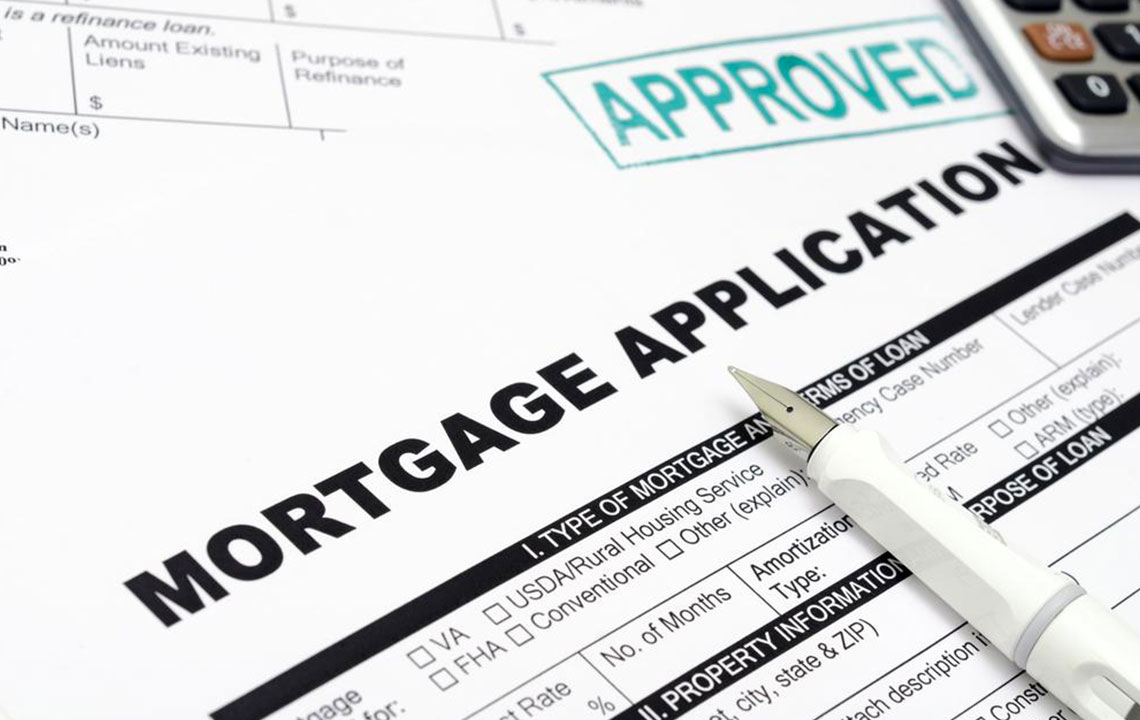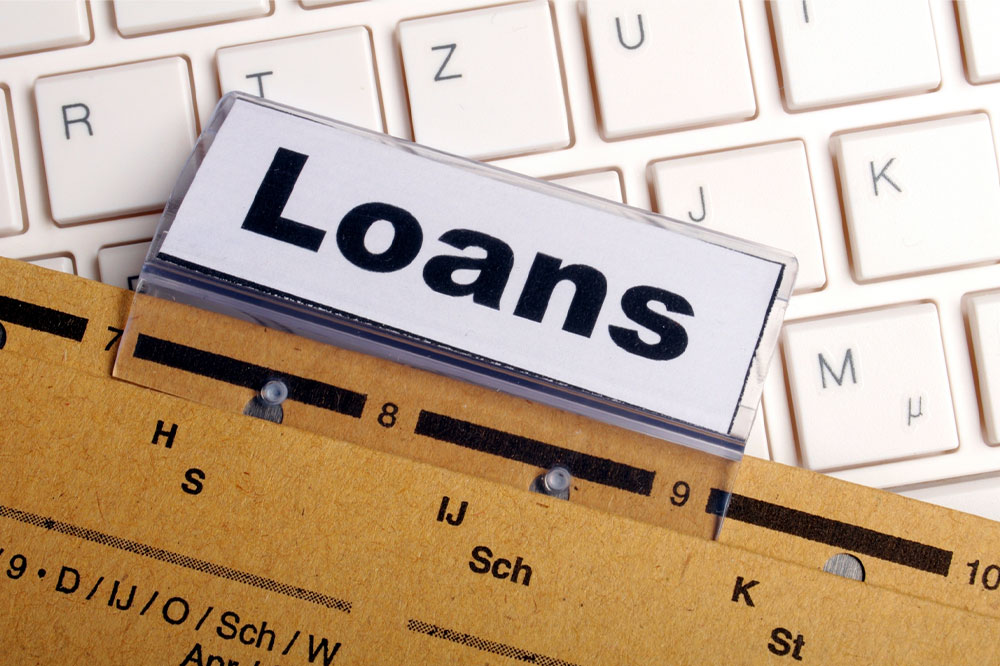Common Reasons You May Not Qualify for Mortgage Refinancing
Discover the common reasons homeowners struggle to refinance their mortgages, including insufficient equity, high loan amounts, poor credit scores, and unstable employment. Understanding these factors can help you prepare better for refinancing opportunities and explore possible solutions such as government programs like HARP and cash-in refinancing options.

Common Reasons You May Not Qualify for Mortgage Refinancing
Many homeowners are interested in refinancing their mortgages to take advantage of lower interest rates. However, numerous applicants find themselves ineligible despite the seemingly straightforward process. Understanding these barriers can help homeowners better prepare.
Insufficient Home Equity: One of the main reasons for rejection is lacking enough equity in the property. This occurs when the existing loan exceeds the home's current value, making refinancing difficult.
Government programs like HARP are designed to assist homeowners with high loan-to-value ratios, providing alternative options for those facing equity challenges.
Large Loan Amount and Credit Issues: Borrowers with high loan balances and low credit scores may find refinancing nearly impossible. Such loans often carry higher interest rates and stricter review processes. If remaining in the home long-term, a cash-in refinance, where additional money is paid upfront, can reduce the loan to conforming limits.
Poor Credit History: A low credit score can significantly hinder refinancing approval. While FHA loans might be available for those with weaker credit, improving credit scores beforehand can increase chances of approval.
Unstable Employment History: Not maintaining employment for at least two years can lead to denial. However, re-employment may improve your loan prospects in the future.










